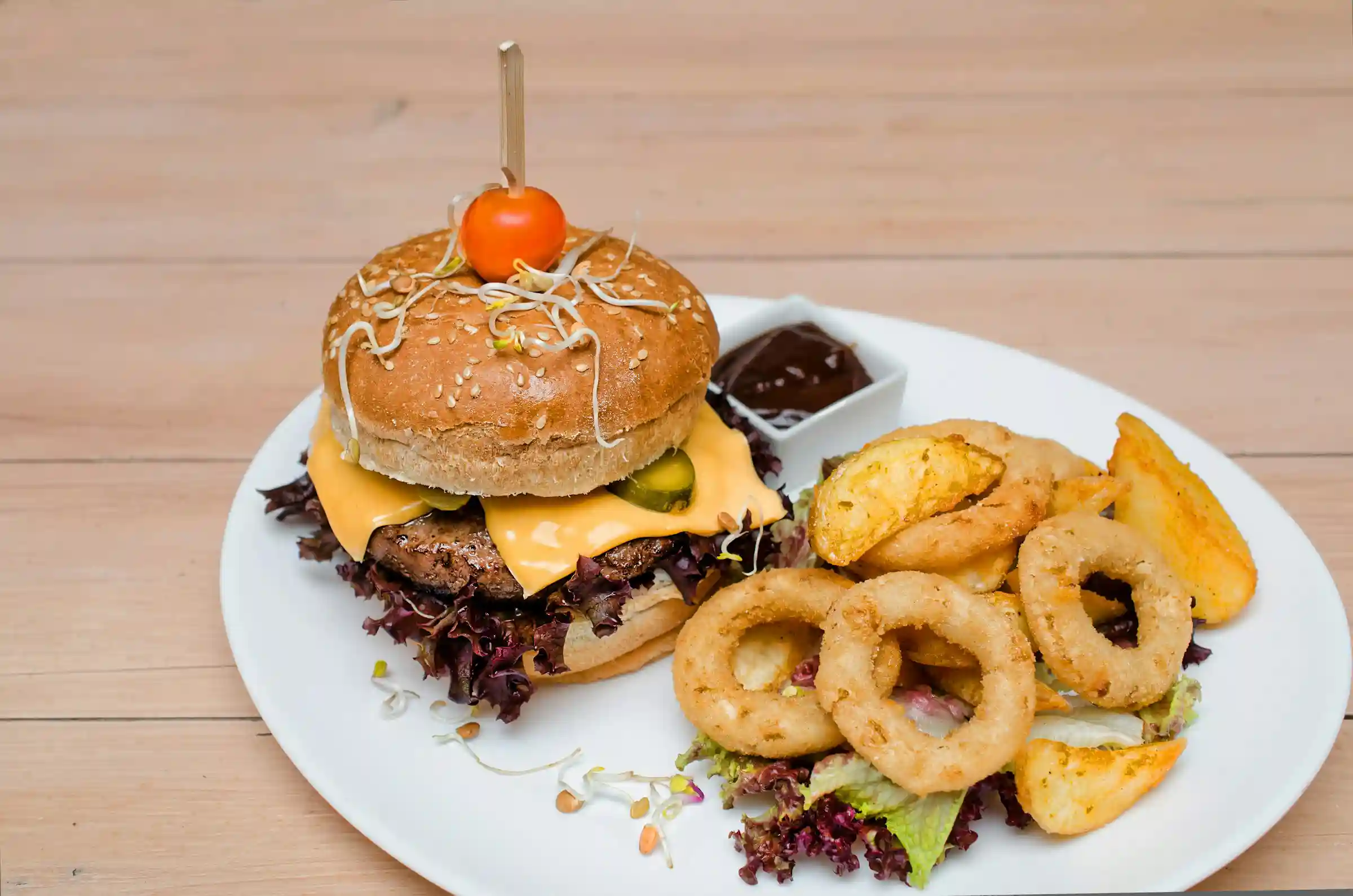So, intuitive eating means that I can eat “Junk Food” all day?
Personally, I’d say yesss! Especially if you’ve been dieting for a long time, it’s normal to overcompensate. But the issue is, if you stay in this phase too long, it’s easy to conclude that intuitive eating doesn’t work.
There was a time when I followed trendy dietary advice from the internet to the letter like it was the holy grail. At first, everything seemed on track, and I was proud, thinking I was disciplined.
But being a committed calorie tracker for so long just led to an intense sense of deprivation. I was extremely unhappy. Then, to some point, intense cravings took over, and I ended up eating even more in a kind of “revenge” binge.
Why can’t we eat like we did as kids—when hungry, eat; when full, stop; crave different foods, and enjoy them without judgment? While pondering this, I came across it: Intuitive Eating.
What actually is Intuitive Eating?
While typical diet plans crunch numbers based on BMI (Body Mass Index) and activity levels (how much we move) to plan meals, intuitive eating is a non-dieting approach that prompts us to tune into our body’s natural cues for when and how much to eat.
Sounds like some Hippy talk? But I hope you’ll keep reading and stay open-minded. I think the concept is incredible, though that doesn’t mean everyone should adopt this mindset of eating.
Intuitive eating is a mind-body framework introduced in 1995 by registered dietitians Evelyn Tribole and Elyse Resch. Before then, researchers had already identified how emotional reactions to life events can drastically change our eating habits.
First of all, intuitive eating isn’t for everyone.
Especially when you’re dealing with an eating disorder and have lost touch with your hunger and fullness cues. If you’re looking to get into intuitive eating, seek a registered dietitian or nutritionist to work with. Follow specific meal plans in the beginning until they say you’re good to proceed.
When having eating disorders, our brains often play tricks on us—telling us we’re hungry when we’re not, or that we’re full when we’re not quite there yet.
In these situations, it can feel so hard to be an “intuitive eater”. I especially want to echo something I read on Reddit: “IE is sometimes treated like the easy way out, but it requires just as much effort and focus as calorie counting or other methods.”
In addition, as dietitian Liz Brinkman points out, the Intuitive Eating book and its principles are grounded in a set of unspoken assumptions. For example, everyone has the freedom to choose their food. However, in reality, many people rely on food banks and other pantry programs to get enough food.
It also assumes that people are able to notice the impact of unresolved trauma. In other words, one can recognize and understand how past experiences and emotionality affect his or her current appetite and eating behaviors.
Yet, being critical doesn’t mean abandoning it completely.
What intrigues me most about IE is how it made me realize we had been unconsciously immersed in a diet-dominated culture. For the first time, I noticed the underlying messages:
You are more worthy if you eat a certain way.
You are more worthy if you exercise five times a week.
You are more worthy if you are thinner.
Ultimately, IE is about eating in a way that satisfies and nourishes you, and hopefully you may begin to practice self-care through the lens of food.
After over 2 years of practicing IE, I’ve become a “recovering perfectionist.”
I used to stress over whether I was doing the diet “right,” and indulging in a piece of chocolate that I deemed off-limits could derail my entire day of healthy eating. But now? I can choose to eat or not eat: whether it’s pizza, cake, or milkshake. What I mean is, I no longer hesitate. It’s because of that sense of agency. And by letting go of dieting through deprivation or punishment, I’ve become more and more intuitive in how I eat.
So, I’d very much like to go over the 10 principles with you.
Before we dive in, let me highlight this: While traditional weight loss diets often require lifestyle changes to fit rigid rules, IE adjusts to fit your lifestyle. Therefore, not every principle may apply to everyone, and that’s super normal.
Take them as guidelines, not strict rules to follow.






